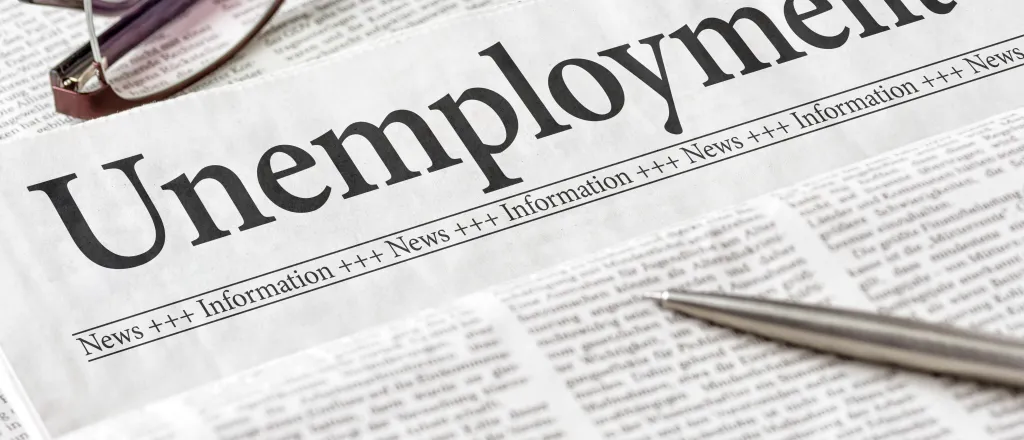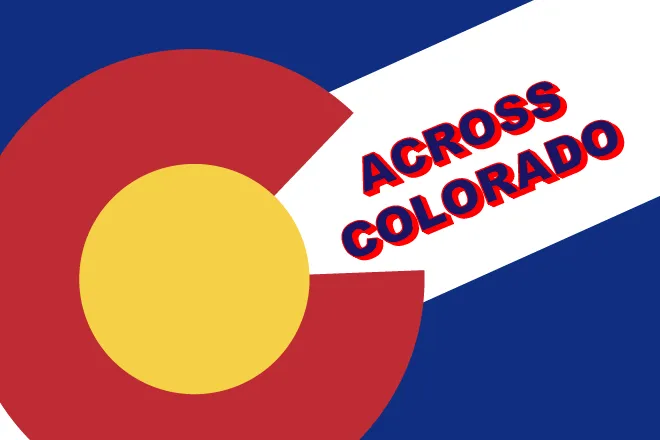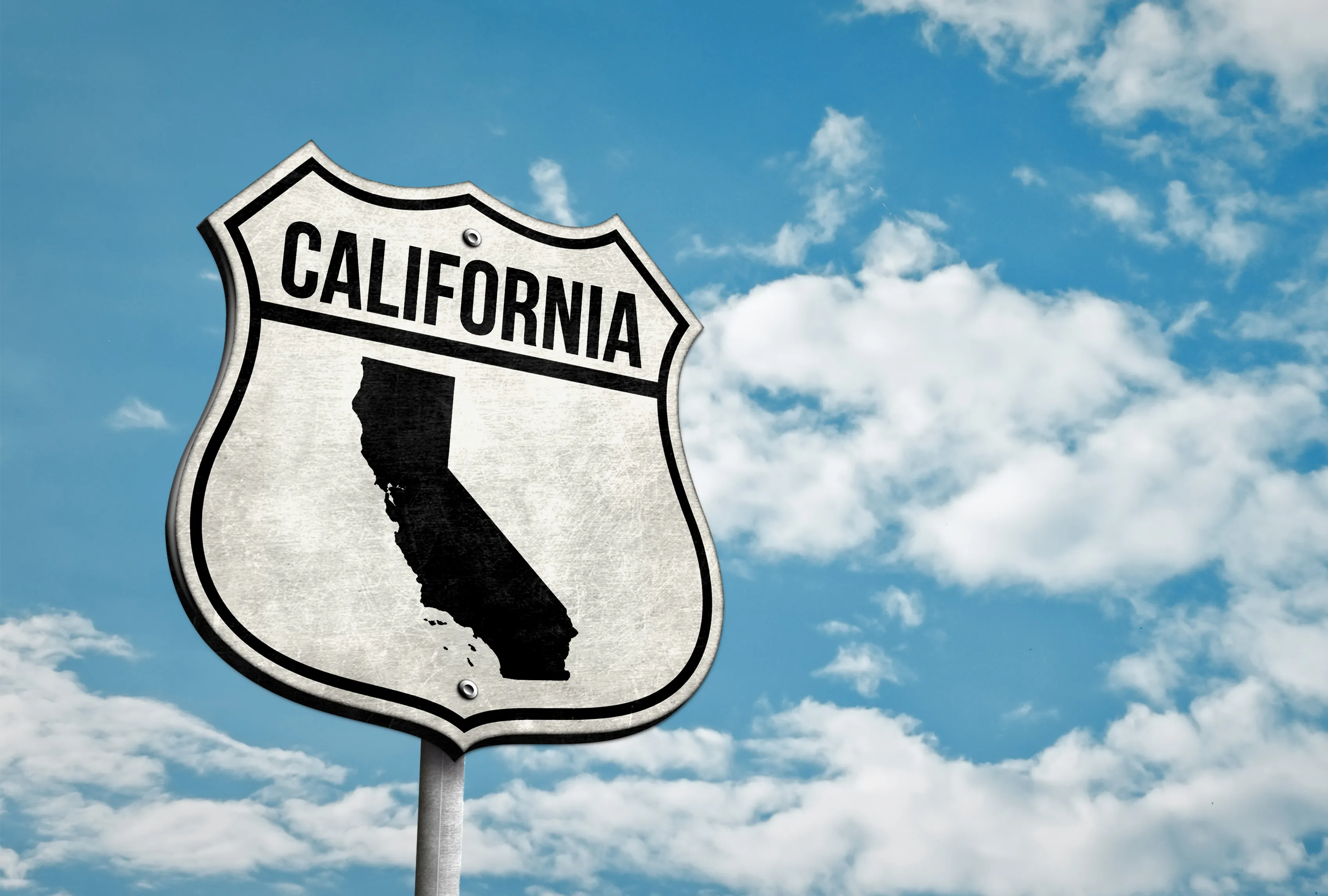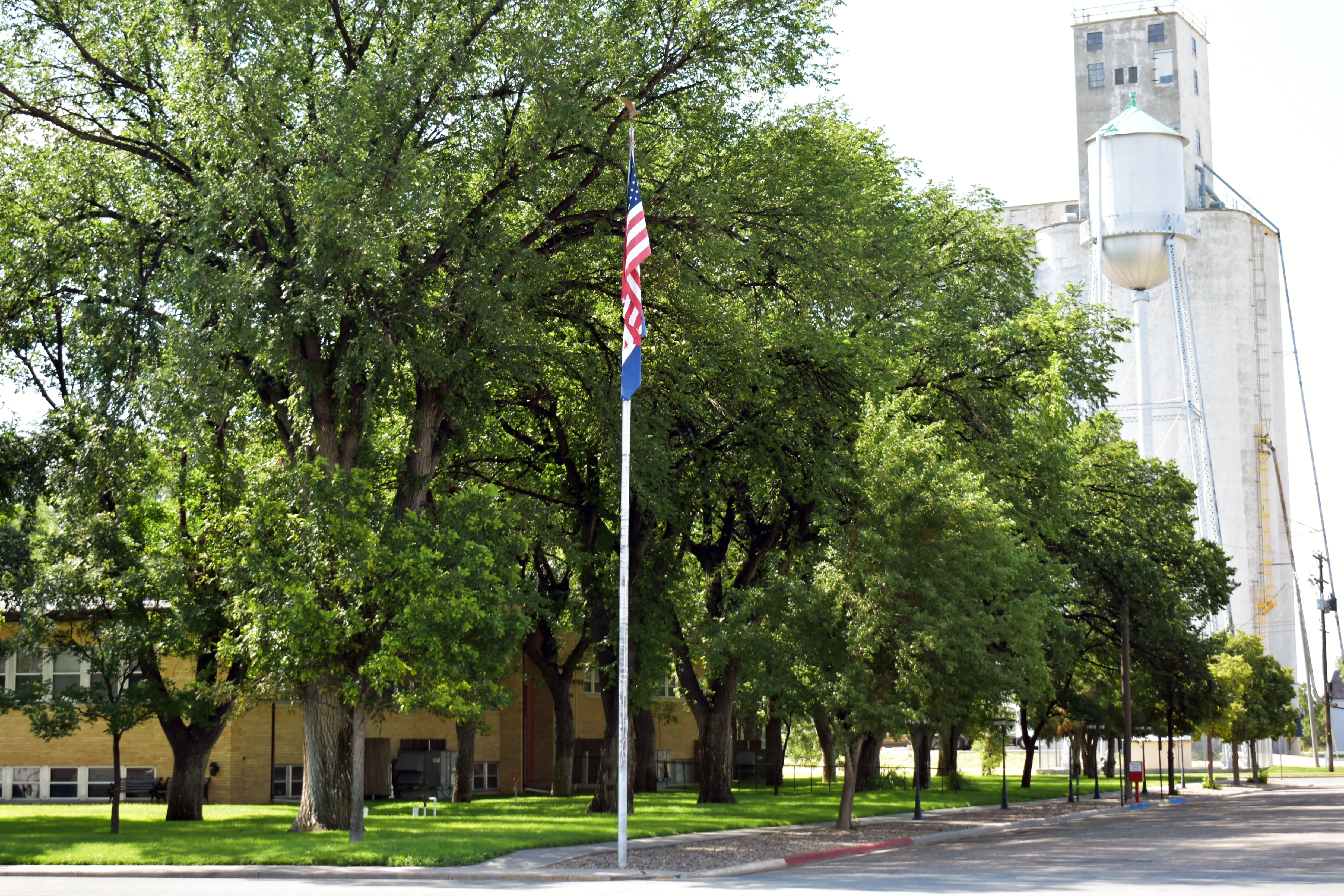
Colorado unemployment drops slightly, 10th highest in U.S.
In June, unemployment in Colorado dropped by 0.1 percent from May to 4.7 percent, ranking the state’s unemployment 10th highest in the nation.
This came after three months of sitting at 4.8 percent, the highest it has been since September 2021, when it was 4.9 percent. This is according to data from the U.S. Bureau of Labor Statistics.
Currently, the state’s unemployment remains significantly above the national average of 4.1 percent, which is unusual for Colorado.
“Historically, Colorado’s unemployment level has usually remained below the national average,” said a reportfrom the Common Sense Institute of Colorado.

June's numbers weren't all bad news for the state, though. The number of unemployed individuals decreased by 3,400 to 155,300 from May to June, according to a report from the Colorado Department of Labor and Employment. This is much more than May's decrease of just 100.
In June, Colorado’s labor force increased by 200 to 3.3 million.
This means that the share of Coloradans participating in the labor force was 67.7 percent, or 5 percent higher than the national average of 62.3 percent.
Government jobs continue to outpace private sector jobs in the state, accounting for much of its job growth. In June, private sector payroll jobs decreased by 1,600, while the government gained 100 jobs.
State government jobs saw its 11th consecutive month of growth, increasing by 600 jobs.
“Over the last 12 months, Colorado’s government employment has grown by 10,000 while private employment increased by just 600 jobs,” said the Common Sense report.
That is a 94 percent difference between government employment and private sector employment.
Notably, while state and local government employment grew by 8,800 and 3,300 jobs in the past year, federal government employment in Colorado declined by 2,100 jobs, fueling concerns about the potential impact of personnel cuts since President Donald Trump took office.
Industries like construction and manufacturing have also seen consistent downward trends since 2021, while other industries are also suffering.
“For the second month, the state’s trade, transportation, and utilities industry experienced the largest decline among all sectors, declining by 2,500 jobs,” the Common Sense report said.
In June, Colorado's leisure and hospitality sector saw the largest increase, adding 3,000 jobs.
Colorado Governor Jared Polis, a Democrat, has blamed the state’s economic uncertainty on tariffs.
“We are taking action, standing up to protect jobs and keep Colorado's economy thriving,” he said on social media. “Tariffs are a tax on Americans, and we will continue to prove that what Americans and Coloradans need most is certainty and stability, not whiplash tariffs.”
In contrast, Republicans have called out Democratic policies.
“You’re worried about tariffs hurting the economy, but let’s be real — sanctuary state policies are the real economic ‘tax’ here,” said the Colorado Republican Party in response to Polis. “Maybe instead of blaming Trump, you should look at the supermajority of Democrats who’ve turned Colorado into a place where businesses are fleeing faster than a bear from a picnic. Keep up the good work, governor — economic genius, truly.”
















